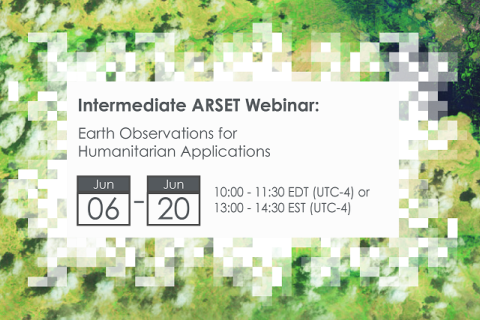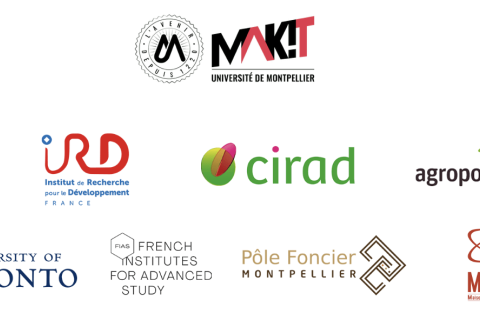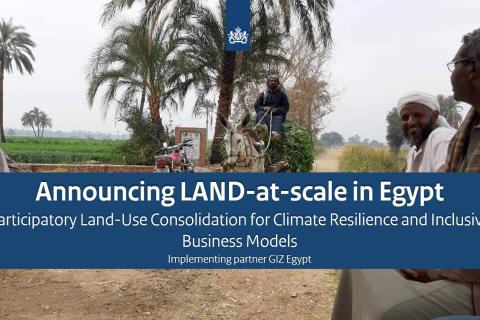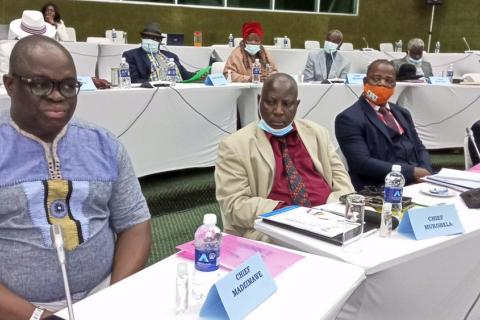We are happy to announce the launch of the project Participatory Land-Use Consolidation for Climate Resilience and Inclusive Business Models in Egypt, which started in May 2024 and will run until October 2026. The project aims to reduce land fragmentation through participatory land use consolidation in order to increase the productivity and income of smallholder farmers, and to strengthen the institutional capacity of key institutions on land governance aspects.
Customary law and institutions: Comparative perspectives from Eswatini and Lesotho
By Sean Johnson, land administration specialist at COWI, Swaziland
* This piece was originally published as part of the online discussion on customary law in Southern Africa
When South African law promotes unlawful land deals…
By Monica de Souza Louw, Land and Accountability Research Centre (LARC), University of Cape Town
* This piece was originally published as part of the online discussion on customary law in Southern Africa
Access the latest land news from trusted sources, discover events happening in your region and online, and read blogs by Land Portal users from around the world.
Recent events
Earth Observations for Humanitarian Applications
NASA’s Applied Remote Sensing Training Program (ARSET) has opened a new open, online webinar series: Earth Observations for Humanitarian Applications. Refugees, internally displaced people (IDPs), and other displaced populations are made more vulnerable to climate change impacts due to their socio-political marginalization. This three-part, intermediate training presents concrete strategies for mapping localized climate conditions with risks faced by refugee and IDP communities around the world.
The training will focus on flood risk assessments and specific challenges for assessing flood risk in refugee and IDP camps; gauging long-term heat stress in refugee camps and the challenges with decision making surrounding heat risk; and monitoring drought effects on agricultural landscapes in refugee settings using Earth observations (EO) to explore the correlations between anomalies in crop productivity and weather-based factors
Demandes de justice et traitement des injustices socio-spatiales et environnementales dans les pays du Sud/Demands for justice and responses to socio-spatial and environmental injustice in the global South
Les pays du Sud connaissent des processus forts d’exclusion foncière et d’exposition à des risques environnementaux, souvent liés à des logiques extractivistes particulièrement brutales. Face à ces situations, on observe une mobilisation croissante des concepts de justice socio-spatiale et environnementale dans les travaux de recherche visant à les décrire et à analyser les différentes formes de résistance ou de contestation qu’elles suscitent. Mais ces concepts reposent implicitement ou explicitement sur des théories de l’État et de la citoyenneté supposées universelles. Le colloque a pour objectif de confronter ces concepts aux relations sociales spécifiques entre l’Etat et les citoyens, dans différents contextes du Sud global.
Recent blogs
Participatory Land-Use Consolidation for Climate Resilience and Inclusive Business Models in Egypt: Announcing the lauch of LAND-at-scale in Egypt
Traditional authorities need a clearer role in land governance
Traditional authorities in Zambia complain that the government does not consult them when land is allocated for investment projects, while communities say chiefs are neglecting their interests. Jesinta Kunda of Zambia Land Alliance says more clarity is needed on the role of traditional authorities, in law and practice, to ensure large-scale investments in agriculture, mining and other sectors are governed better – particularly in light of the rising demand for critical minerals found in Zambia. She urges the government, traditional leaders and citizens to seize the opportunities presented by current legal reforms in Zambia to create change.






